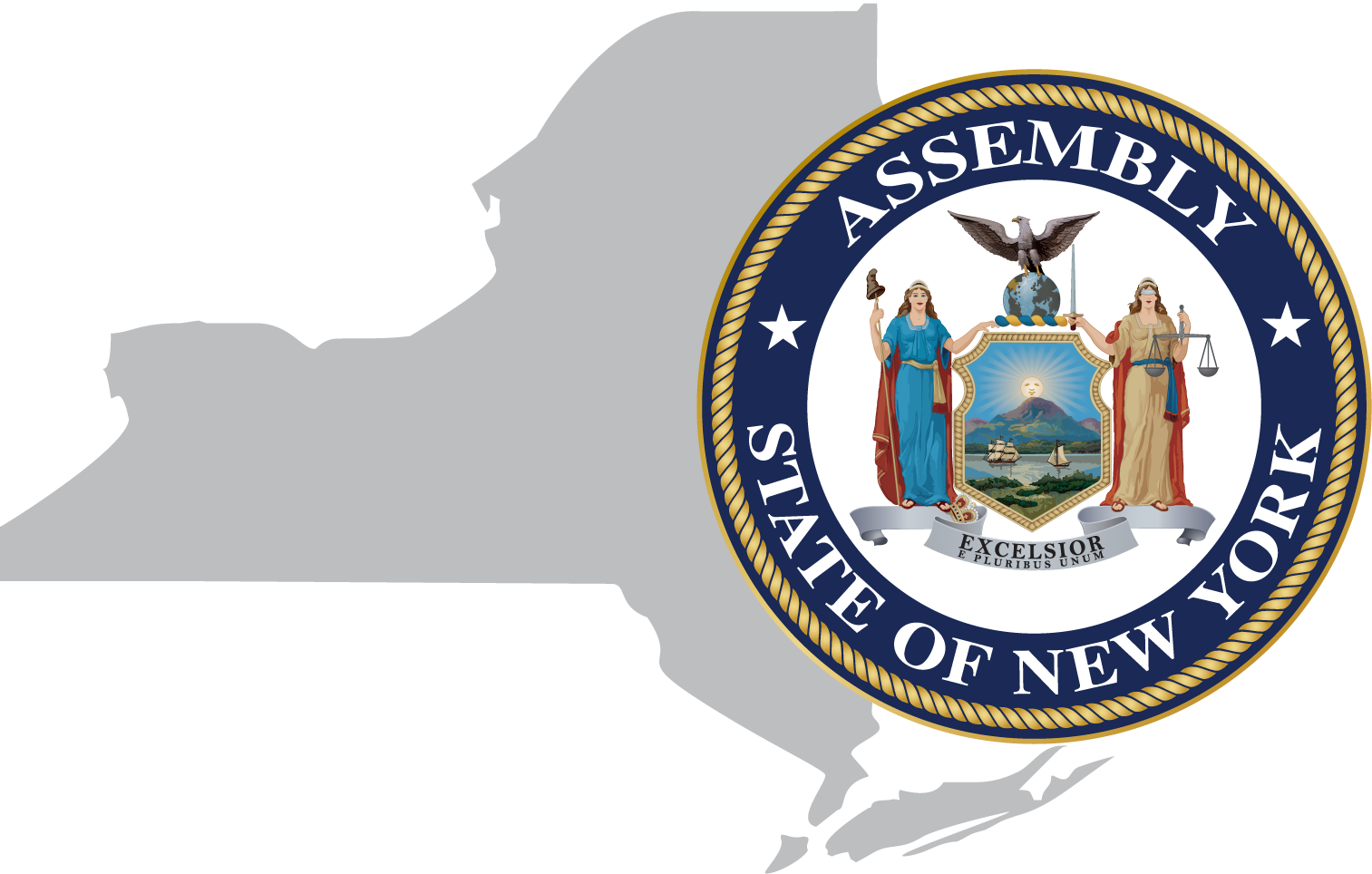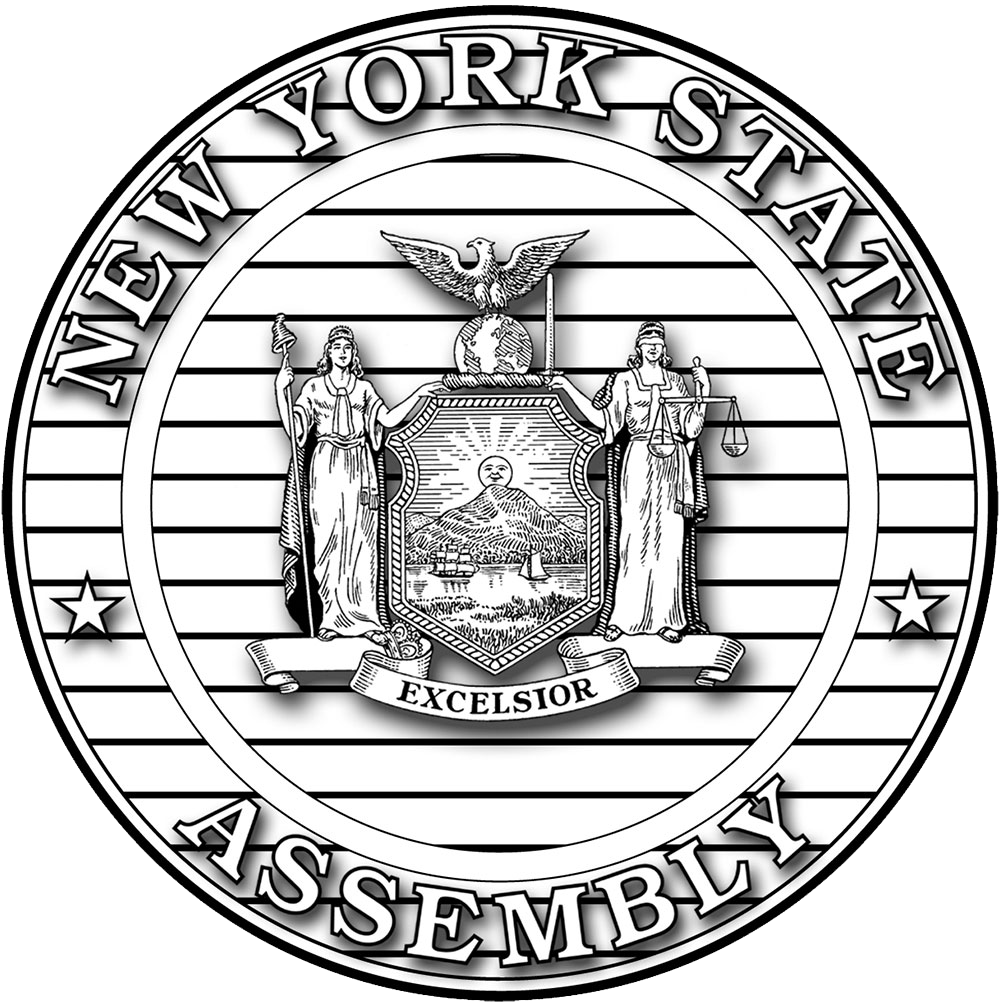Preserving New York’s Farmland Is The Right Thing To Do For Our Economy And Our Legacy
Column from Assembly Minority Leader Will Barclay
New York’s agriculture industry is in the midst of a total upheaval, and a recent report from the United States Department of Agriculture highlighted some major concerns coming out of this new normal. According to the report, New York lost 2,788 farms and 363,885 acres of land between 2017 and 2022. Statistics like these prompted U.S. Secretary of Agriculture Tom Vilsack to sound the alarm as he expressed concerns about food production in the U.S.
There are several reasons for this sharp decline. The consolidation of farms and other financial hardships that have driven some out of the industry are key culprits, said agricultural economist Christopher Wolf of Cornell University. Thankfully, for now, output and production have remained stable through the downsizing, but the Assembly Minority Conference has grave concerns about this disturbing trend.
One major concern we have repeatedly expressed pertains to the difficult regulatory environment New York farmers are asked to endure. For example, recently, the number of hours farm workers are required to work before earning overtime has been reduced from 60 to 56, and by 2032 that number will drop all the way down to 40. New York is already well-documented as one of the least business-friendly states in the nation, and our farming policies have done nothing but illustrate why we are at the bottom of the regulatory barrel.
As these farms close, consolidate and repurpose, we are not only risking irreversible damage to our supply chain, we are also losing a huge piece of the history and fabric of New York. Generational family farms were once a staple of New York’s economy, but they are fast becoming forgotten relics. Production levels may be afloat for the time being, but at some point, the system will not be able to handle any more fiscal and regulatory strain. We can see the crisis looming, and now is the time to do something about it—rather than wait until all the farmland has evaporated. In 2022, our Conference expressed concerns after another report, this one from Farm Credit East, indicated rising labor costs and food prices would begin to threaten the supply chain. Well, consider it threatened.
Next week is National Future Farmers of America Week. I can’t think of a better time to push for greater agriculture policies in New York. We have a rich history of production here, and it is socially and economically irresponsible to ignore that legacy. Like most problems, this impending farmland crisis will be much easier to mitigate before it grows. We have that opportunity now, and I call on my colleagues in the Legislature and governor’s office to do something immediately before it is too late.

